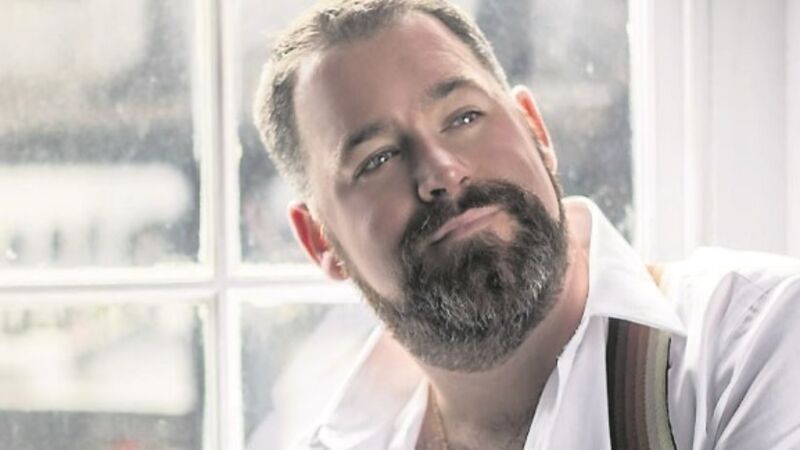Graham J talks about the highs and lows of the counter-tenor’s life

ALE singing voices: Tenors, baritones, basses, be they operatic, classical, jazz, folk, rock, or rap. It’s rare that someone can move across all these borders, and even into the female ranks. Graham J is one of these.
Counter-tenors possess a voice equivalent to that of the female contralto or mezzo-soprano. Much-used by 17th century composers, their popularity waned in later times, and only in the 20th century came back into high demand. Today, ensembles like the Tallis Scholars and the King’s Singers love them, and there is a growing modern repertoire.











